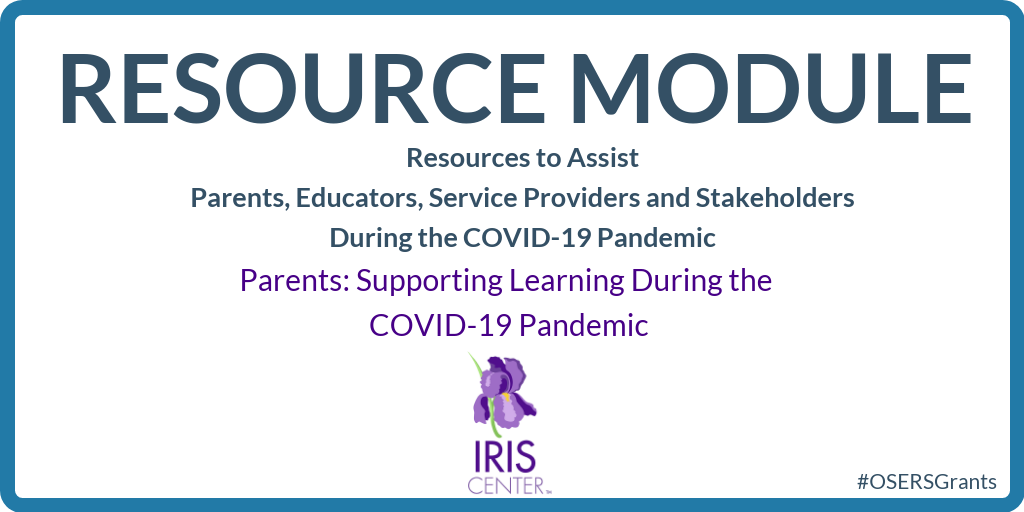NOTE: May is Better Hearing and Speech Month
By Amy Holbert, chief executive officer of Family Connection of South Carolina
Family Connection of South Carolina is pleased to join the Office of Special Education Programs (OSEP) and the American Speech Language and Hearing Association in celebrating Better Hearing and Speech Month.
Family Connection of South Carolina is excited to announce a new communication tool launched earlier this month in the spirit of this year’s theme, “Communication at Work!”
Family Connection of South Carolina—in partnership with the South Carolina Department of Education—launched a family-centered, early language and literacy communication service for parents of preschoolers.
“Text2Read” (T2R) is a free mobile-based program offering practical information about child development and low-cost language and literacy activities for young children. The service is a confidential, easy-to-use resource for parents to help prepare their child for kindergarten and to become ready to read.




![Office of Special Education and Rehabilitative Services’ Office of Special Education Programs. OSEP Fast Facts: Children Identified With Emotional Disturbance. Percentage of Students with Disabilities Identified with Emotional Disturbance, Ages 6 to 21, Served Under IDEA, Part B, in the United States: School Year 2018-19. Map of United States. In SY 2018-19, the percentage of students with disabilities identified with emotional disturbance is 5.45%. States report a range from 1.65% to 17.36% of students with disabilities identified with Emotional Disturbance. Source: U.S. Department of Education, EDFacts Data Warehouse (EDW): “IDEA Part B Child Count and Educational Environments Collection,” 2018-19. https://go.usa.gov/xdp4T. Data for Wisconsin suppressed due to questionable data quality. Iowa does not use the specific disability categories when classifying a student as eligible for special education.]](https://sites.ed.gov/osers/files/2020/05/2020-osep-fast-fact-ed-thumbnail-1024x512.png)